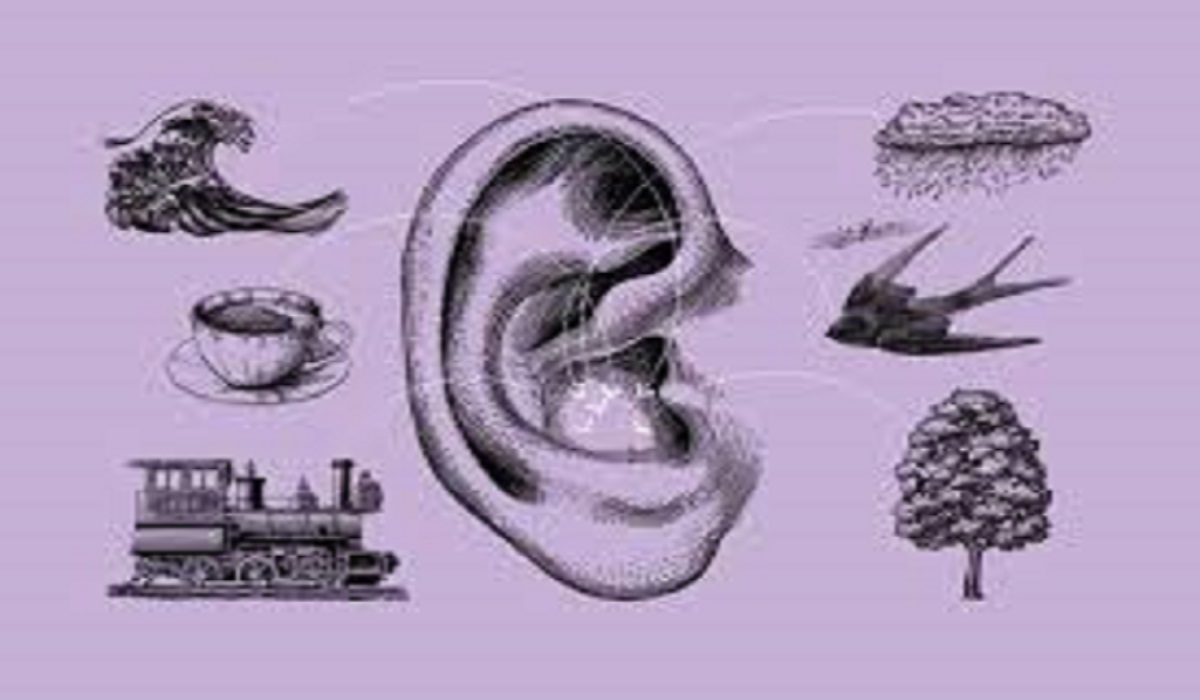Does Background Noise Help You Study Better
Does Background Noise Help You Study Better: In today’s fast-paced world, students and professionals are constantly looking for ways to enhance focus and productivity while studying. One popular method is using background noise—whether it’s white noise, music, or ambient sounds—to improve concentration. But does it really work?
This article explores the science behind background noise and studying, examining its benefits, drawbacks, and the best types of sound for optimal learning. We’ll also provide practical tips to help you find the right balance for your study sessions.
The Science Behind Background Noise and Studying
How Sound Affects the Brain?
Research suggests that certain types of background noise can activate the brain’s default mode network (DMN), which is responsible for daydreaming and creativity. However, too much noise can overload cognitive functions, reducing retention.
The Role of Dopamine and Focus
Moderate background noise can stimulate dopamine production, which enhances motivation and focus. This is why many people find lo-fi beats or coffee shop sounds helpful for studying.
The “Mozart Effect” and Cognitive Performance
The idea that classical music boosts intelligence (the “Mozart Effect”) has been debated, but studies confirm that structured, non-lyrical music can improve spatial reasoning and problem-solving.
Types of Background Noise for Studying
White Noise vs. Pink Noise vs. Brown Noise
- White Noise: Equal intensity across frequencies (good for masking distractions).
- Pink Noise: Deeper, more balanced (helps with relaxation).
- Brown Noise: Even deeper, like thunder or heavy rain (best for deep focus).
Instrumental Music (Classical, Lo-Fi, Ambient)
- Classical: Enhances analytical thinking (e.g., Mozart, Beethoven).
- Lo-Fi Beats: Steady rhythm without lyrics (great for long study sessions).
- Ambient Electronic: Helps with creative tasks (e.g., Brian Eno).
Nature Sounds (Rain, Ocean Waves, Forest)
- Rain: Creates a calming effect.
- Ocean Waves: Mimics natural rhythm for relaxation.
- Forest Sounds: Reduces stress and improves mood.
Coffee Shop Ambience & Social Noise
Moderate chatter (around 70 dB) can boost creativity by providing just enough distraction to prevent boredom but not enough to disrupt focus.
Pros and Cons of Studying with Background Noise
Benefits
✅ Improves Focus – Masks sudden noises.
✅ Reduces Stress – Calms the mind.
✅ Enhances Creativity – Encourages divergent thinking.
Drawbacks
❌ Can Be Overstimulating – Too much noise reduces retention.
❌ May Lead to Dependency – Some struggle to focus without it.
❌ Not Ideal for All Tasks – Reading comprehension may suffer.
Best Background Noise Apps and Tools
| Tool | Best For | Key Feature |
|---|---|---|
| Noisli | Custom sound mixing | Adjustable layers |
| Brain.fm | AI-generated focus music | Scientifically designed |
| myNoise | High-quality nature sounds | Personalized EQ |
| Spotify | Pre-made study playlists | Lo-fi, classical |
How to Choose the Right Background Noise for Your Study Style?
- For Deep Focus: White/brown noise or silence.
- For Creative Work: Coffee shop sounds or ambient music.
- For Memory Retention: Minimal or no background noise.
Expert Opinions & Research Findings
- A 2023 study in Nature found that moderate background noise improves divergent thinking but harms rote memorization.
- Psychologist Dr. Emma Smith suggests testing different sounds to see what works best for individual learning styles.
Alternatives to Background Noise for Better Studying
- Pomodoro Technique: 25-minute focused bursts.
- Silent Study Sessions: For high-retention tasks.
- Active Recall: Self-testing without distractions.
FAQs About Background Noise and Studying
1. Is white noise or music better for studying?
It depends—white noise is better for blocking distractions, while instrumental music can boost mood and creativity.
2. Can background noise improve memory retention?
For rote memorization, silence is often better. For creative tasks, moderate noise helps.
3. Why do some people focus better in coffee shops?
The ambient social noise (70 dB) provides enough stimulation to prevent boredom without being distracting.
4. Are there any risks to studying with background noise?
Yes, if the noise is too loud or unpredictable, it can reduce concentration and retention.
5. What’s the best volume level for study background noise?
Around 50-70 dB (similar to light rain or a quiet conversation).
Conclusion
Background noise can be a powerful tool for studying—if used correctly. The key is finding the right balance based on your task and personal preferences. Experiment with different sounds and study techniques to discover what helps you focus best.
